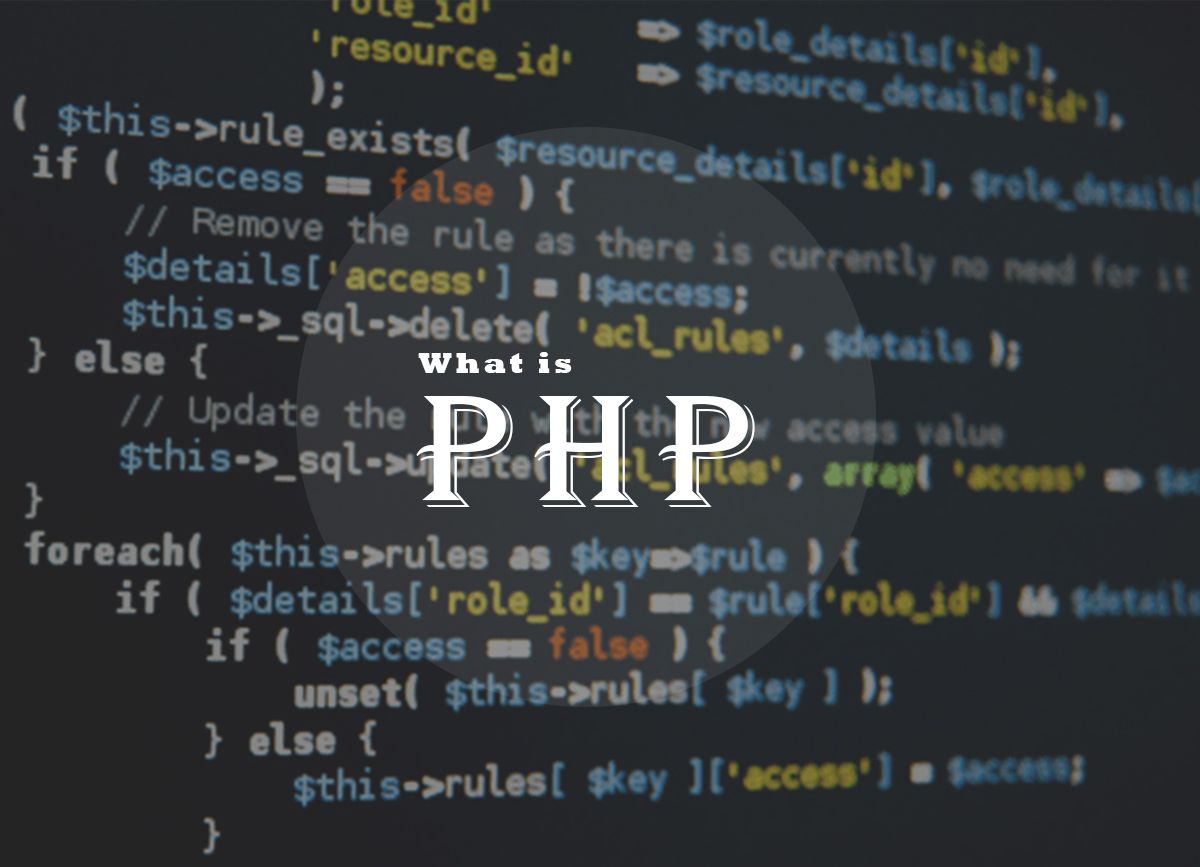
What is PHP? Is it still a used language
September 17, 2024PHP, a server-side scripting language, remains a cornerstone of web development. Despite facing competition from newer technologies, its versatility, widespread adoption, and continuous evolution ensure its relevance in today's digital landscape.
A brief history of PHP
PHP, originally an acronym for "Personal Home Page", emerged in 1994 as a simple tool for creating dynamic web pages. Its ability to be embedded within HTML and executed on the server side revolutionised web development. Over the years, PHP has evolved, gaining popularity with the rise of content management systems like WordPress and frameworks like Laravel.
Read on: What is open source software?
The rise and fall of PHP's dominance
While PHP once reigned supreme in web development, its position was challenged by advancements in JavaScript and Node.js. These technologies offered the ability to build full-stack applications using a single language, simplifying development and maintenance. Additionally, the emergence of frontend frameworks like Angular and React shifted the focus towards client-side rendering, reducing the need for server-side logic.
PHP's resurgence and continued relevance
Despite these challenges, PHP has experienced a resurgence. The introduction of newer versions, such as PHP 7 and 8, brought significant performance improvements, type hinting, and other enhancements. These updates addressed many of the criticisms levelled against earlier versions, making PHP a more attractive option for developers.
Key features and benefits of PHP
Ease of use: PHP's syntax is relatively straightforward, making it easy for beginners to learn.
Versatility: It can be used for a wide range of web development tasks, from simple dynamic content to complex web applications.
Large community: PHP has a vast and active community that provides extensive resources, libraries, and support.
Cross-platform compatibility: PHP runs on various operating systems and web servers, ensuring flexibility.
Cost-effective: PHP is generally free to use, making it an affordable option for developers and businesses.
Current use cases and future outlook
PHP continues to be widely used in web development, powering countless websites and applications. Its popularity is due in part to its extensive ecosystem of frameworks, libraries, and content management systems.
While newer technologies have gained traction, PHP remains a reliable and powerful choice for web development. Its ongoing evolution, coupled with its vast community and established infrastructure, ensures its continued relevance in the years to come.
